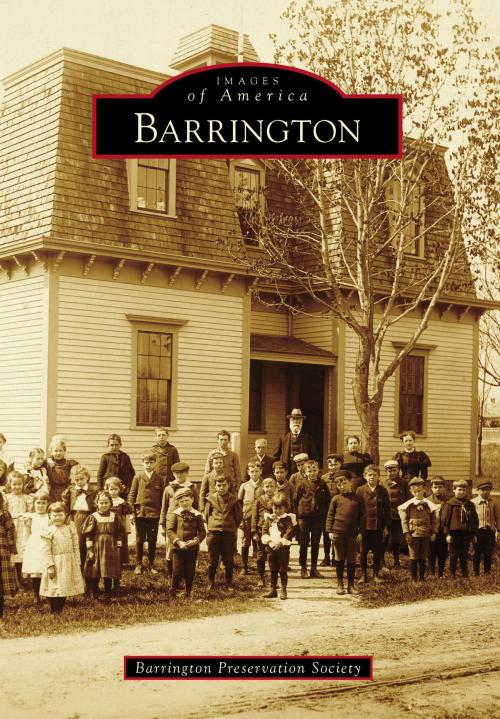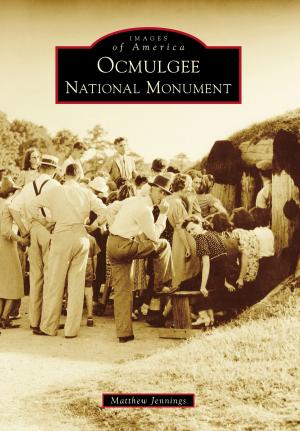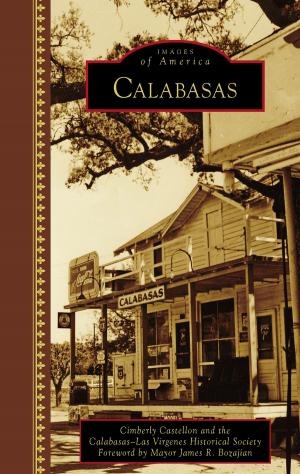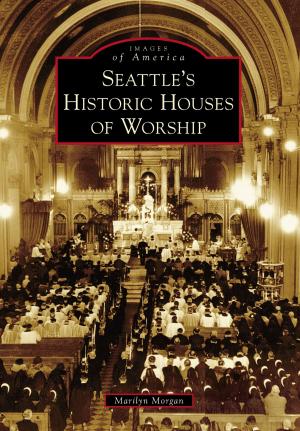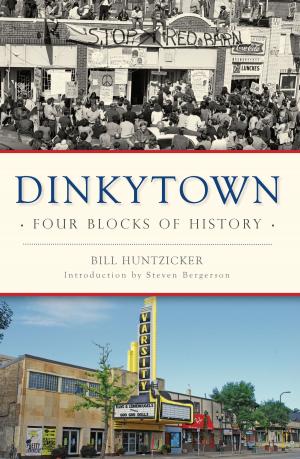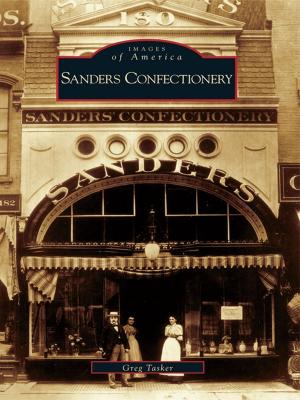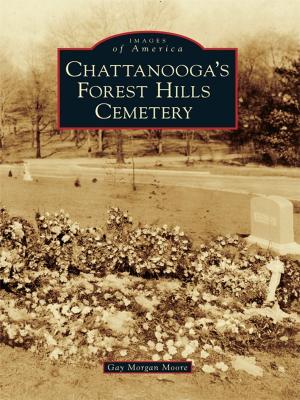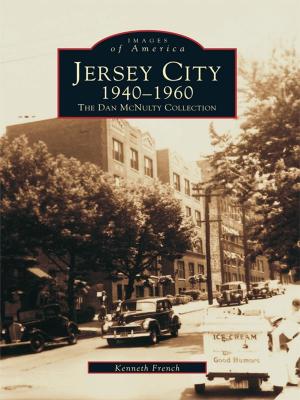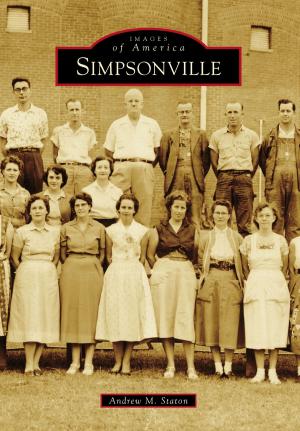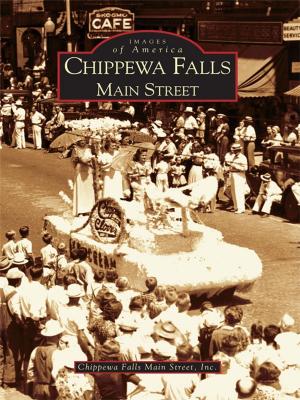Barrington
Nonfiction, Travel, Pictorials, Art & Architecture, Photography, History, Americas, United States| Author: | Barrington Preservation Society | ISBN: | 9781439660492 |
| Publisher: | Arcadia Publishing Inc. | Publication: | May 22, 2017 |
| Imprint: | Arcadia Publishing | Language: | English |
| Author: | Barrington Preservation Society |
| ISBN: | 9781439660492 |
| Publisher: | Arcadia Publishing Inc. |
| Publication: | May 22, 2017 |
| Imprint: | Arcadia Publishing |
| Language: | English |
The story of Barrington, Rhode Island, began in the 1640s with a small outpost on the shores of Narragansett Bay. Despite its total destruction during King Philip's War in 1675-1676, by 1717, it was incorporated as a town named Barrington after the brother of the governor of Massachusetts. During the 18th century, Barrington grew into a strong agricultural community. In the 1850s, the brickyard became a full-scale industry, and the new railroad accelerated population growth by attracting people seeking a summer resort and others to work in the brickyard, especially Irish and French Canadian immigrants. At the beginning of the 20th century, the Rhode Island Lace Works brought a new wave of Italian families, yet the town remained primarily an agricultural community, combined with oyster culture. Elegant residences sprang up along the shores of the Barrington River and Narragansett Bay, while Maple Avenue became the center of a large Italian community. After World War II, the population exploded and Barrington became the premier bedroom community of Rhode Island due to an outstanding school system, a remarkable housing stock, and excellent recreational and boating opportunities.
The story of Barrington, Rhode Island, began in the 1640s with a small outpost on the shores of Narragansett Bay. Despite its total destruction during King Philip's War in 1675-1676, by 1717, it was incorporated as a town named Barrington after the brother of the governor of Massachusetts. During the 18th century, Barrington grew into a strong agricultural community. In the 1850s, the brickyard became a full-scale industry, and the new railroad accelerated population growth by attracting people seeking a summer resort and others to work in the brickyard, especially Irish and French Canadian immigrants. At the beginning of the 20th century, the Rhode Island Lace Works brought a new wave of Italian families, yet the town remained primarily an agricultural community, combined with oyster culture. Elegant residences sprang up along the shores of the Barrington River and Narragansett Bay, while Maple Avenue became the center of a large Italian community. After World War II, the population exploded and Barrington became the premier bedroom community of Rhode Island due to an outstanding school system, a remarkable housing stock, and excellent recreational and boating opportunities.
